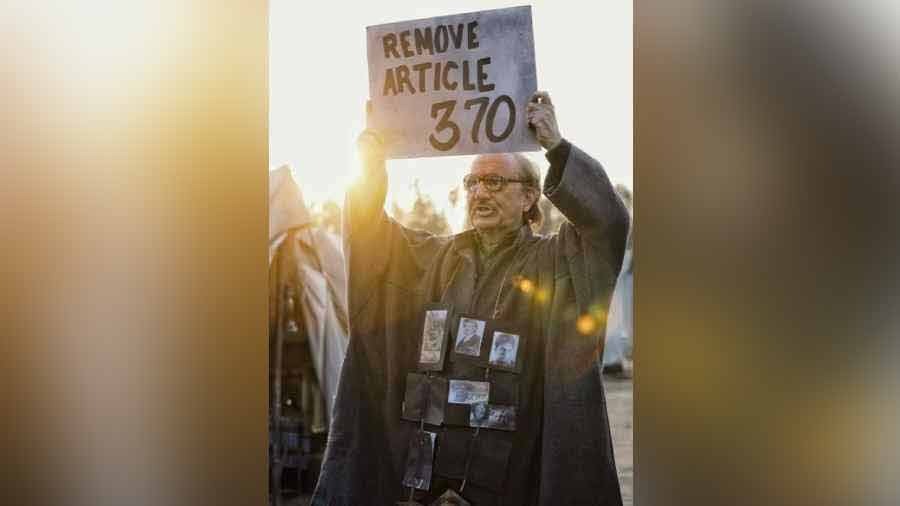Social media posts that are often false and offensive to certain people have become a cause of concern for administrators of many WhatsApp groups.
The groups created to bring old friends together or keep residents abreast of what is happening in their housing societies have now become platforms for posts that could be outright offensive even to a section of the members.
Recently, the admins of a WhatsApp group of residents of Diamond City West in Behala in southwest Kolkata removed a member who was allegedly posting links and information related to the film The Kashmir Files that others in the group were objecting to.
“We do not tolerate anything that could lead to confusion and disturbance,” said president of the residents’ welfare association, Deepak Agarwal.
The administrators of a WhatsApp group of residents of Upohar, on EM Bypass in east Kolkata, said they had turned the settings into “Admin Only” to ensure that no one other than the “admins” could post on the group. They have also decided that all posts on the group must be relevant to the housing society.
At Sugam Park in Narendrapur on the southern fringes of the city, the group administrators have come up with a “Code of Conduct” for the members. The code has been shared a number of times to tell the members to desist from posting anything that is not linked to the housing society.
The police said that apart from WhatsApp groups of housing societies, the “problem of wild posts” had become a menace in groups formed by friends, students, guardians and retired personnel — where there is hardly any control over what is being posted.
Recently, a man was arrested for a Facebook post which the police said had falsely claimed that a person had been heckled when he went to watch The Kashmir Files at Ajanta cinema in Behala.
The same “fake” post was shared by an elderly Kolkatan in a WhatsApp group of Pronam, a Kolkata police initiative to help elderly residents. Following the post, many in the group started targeting a particular community.
“One of them even ‘vouched’ for the authenticity of the alleged incident saying he, too, was from Behala. At this, I had to intervene and ask him if he had witnessed the incident. He said ‘no’. That is the problem. People start sharing their opinions without ascertaining the veracity of the information to which they are reacting,” said a police inspector and an administrator of the group.
WhatsApp groups gained more relevance during the Covid pandemic when the scare of infection had forced people indoors, making them dependent on virtual platforms to keep themselves updated about their surroundings.
But such groups soon became a tool for peddling untruths and hate mongering.
Dozens of Kolkatans were summoned by the police and a few arrested during the pandemic in Kolkata for spreading false information about Covid and causing panic in neighbourhoods. “There was rampant misuse of social media and WhatsApp groups during the pandemic. A woman had caused panic in New Alipore by posting in a WhatsApp group that at least 15 people had been infected with the coronavirus in the area,” said an officer at Lalbazar.
Some had spread rumours that a group of men in PPE suits was visiting residential complexes and robbing apartments. The police said no such incident was reported to them.
People started harassing PPE-wearing personnel who were turning up in ambulances to ferry patients.
Upal Chakrabarti, an assistant professor of sociology at Presidency University, said the primary reason for such indiscriminate use of social media was lack of effective communication across all levels of society to make them aware about the consequences of the misuse.
Some disagree. Police officers spoke of organised groups that spread fake news to foment tension.
Chakrabarti said: “Social media allows use of aggression and provides an opportunity to people to place themselves centrally on a platform. Those who seek attention are most attracted to this.”
Those who seek to throw a stone and then hide in relative anonymity also find such social media platforms useful.

